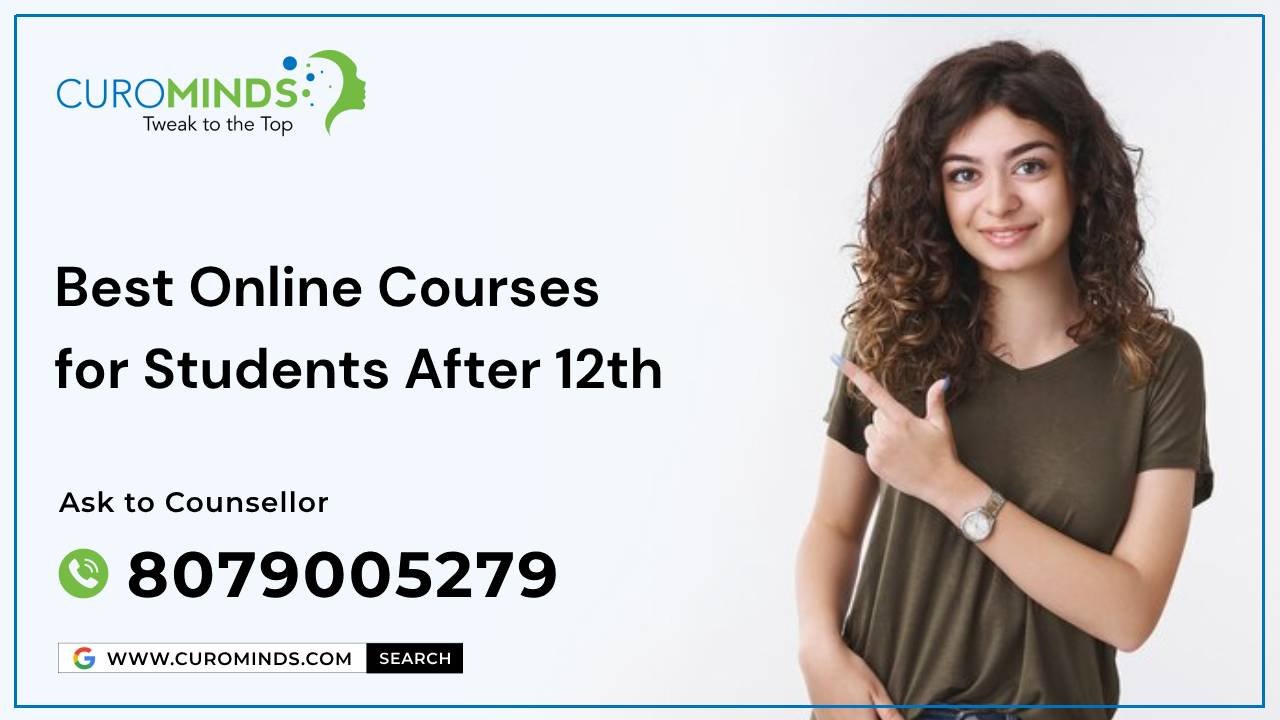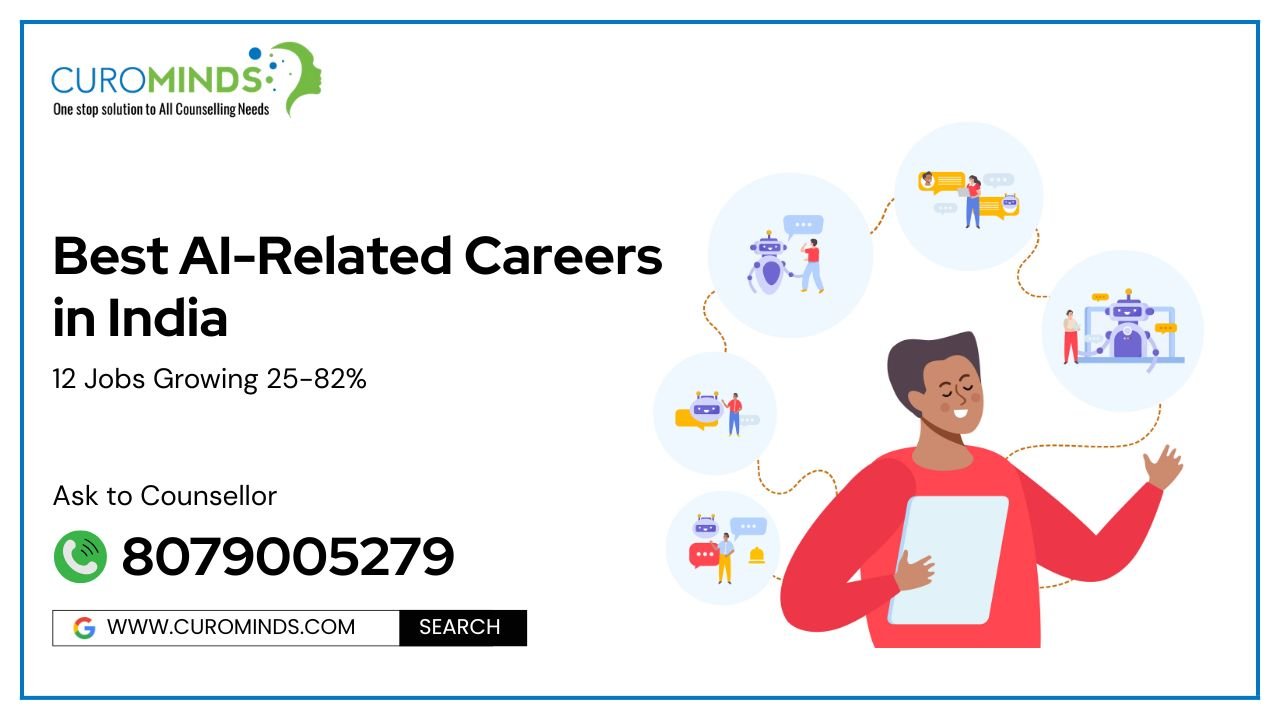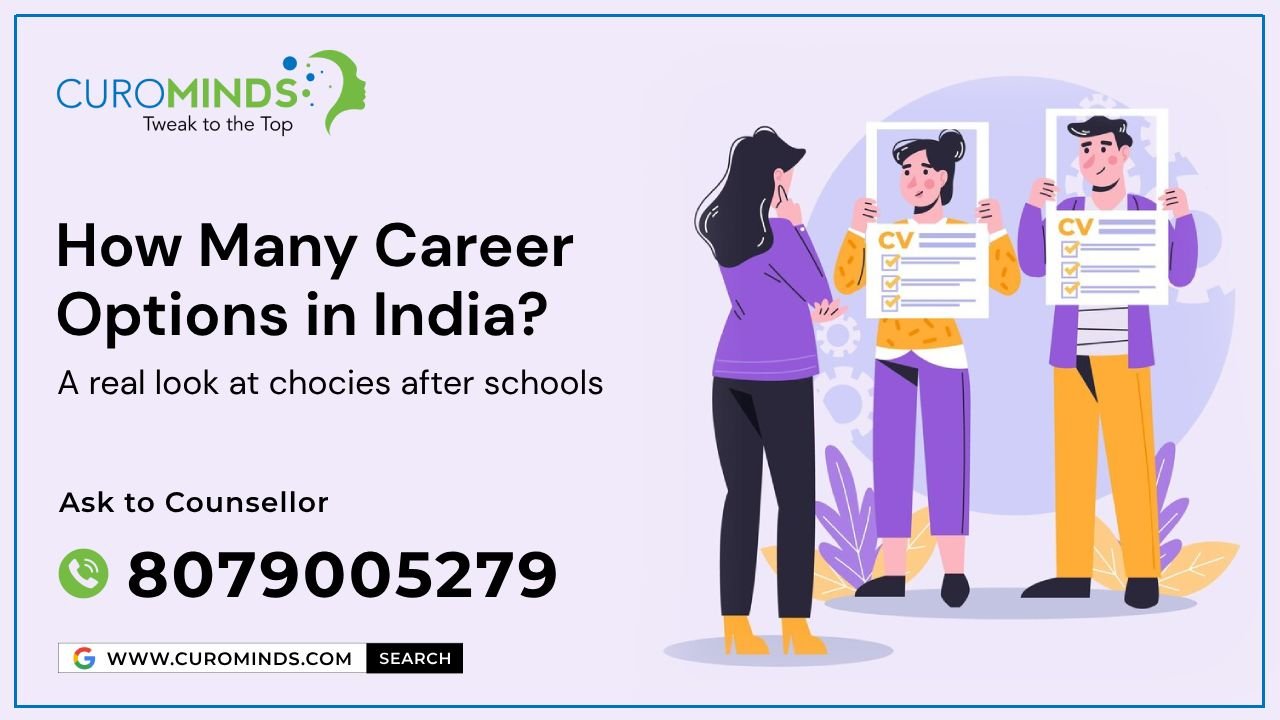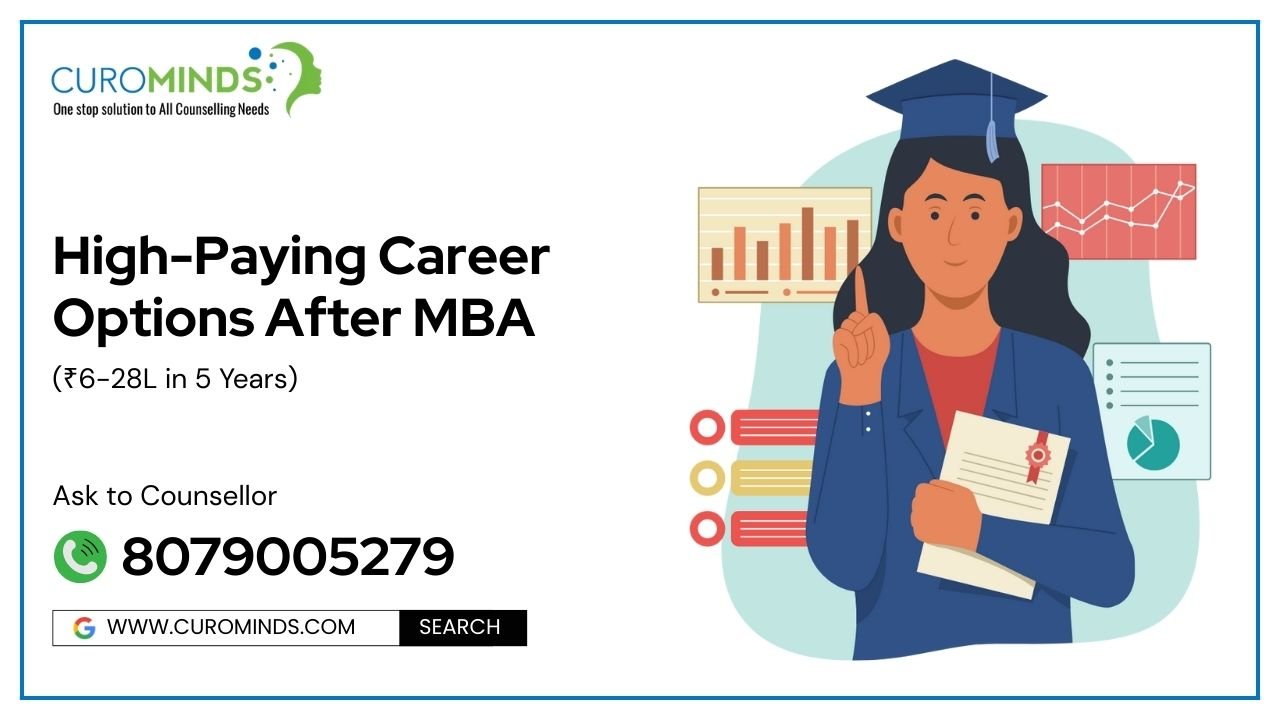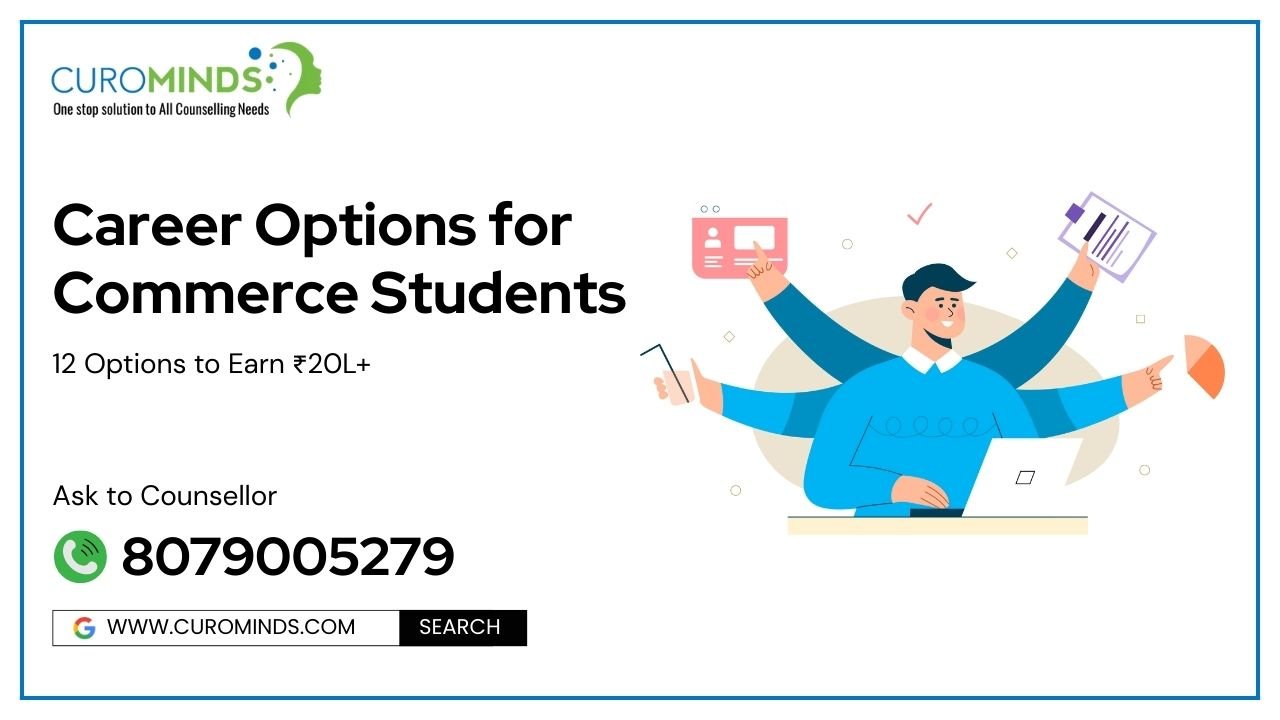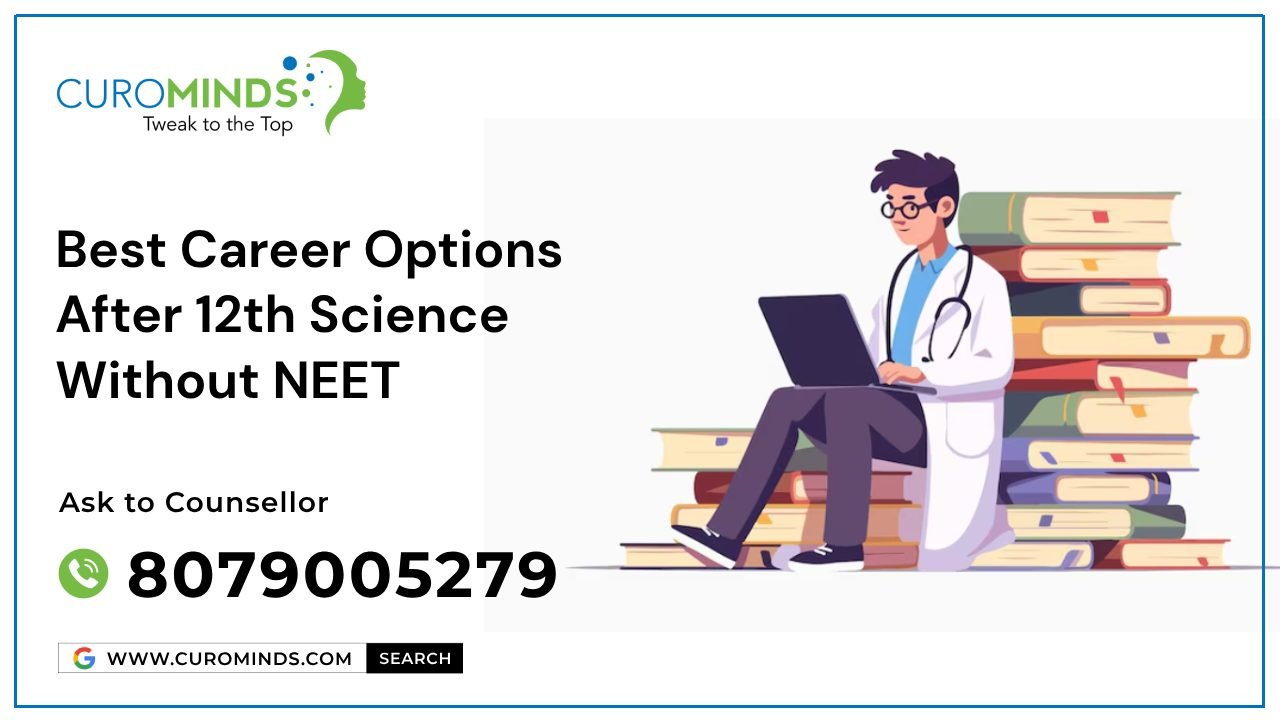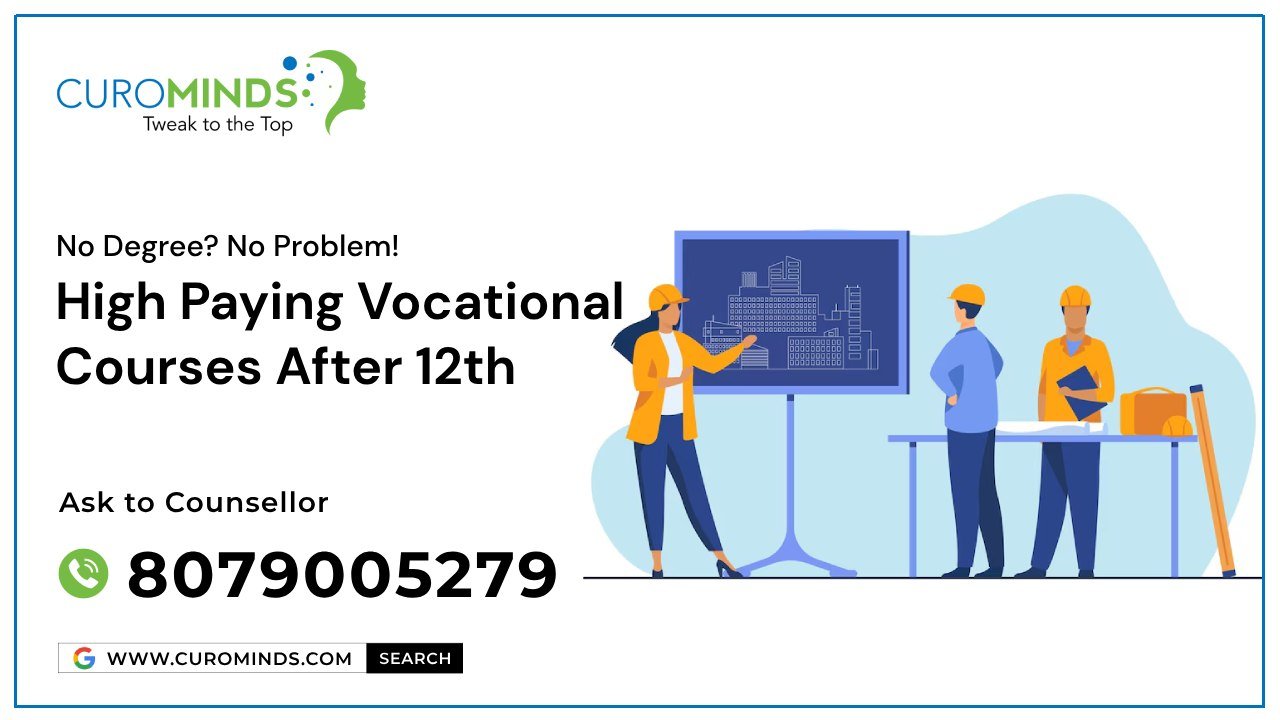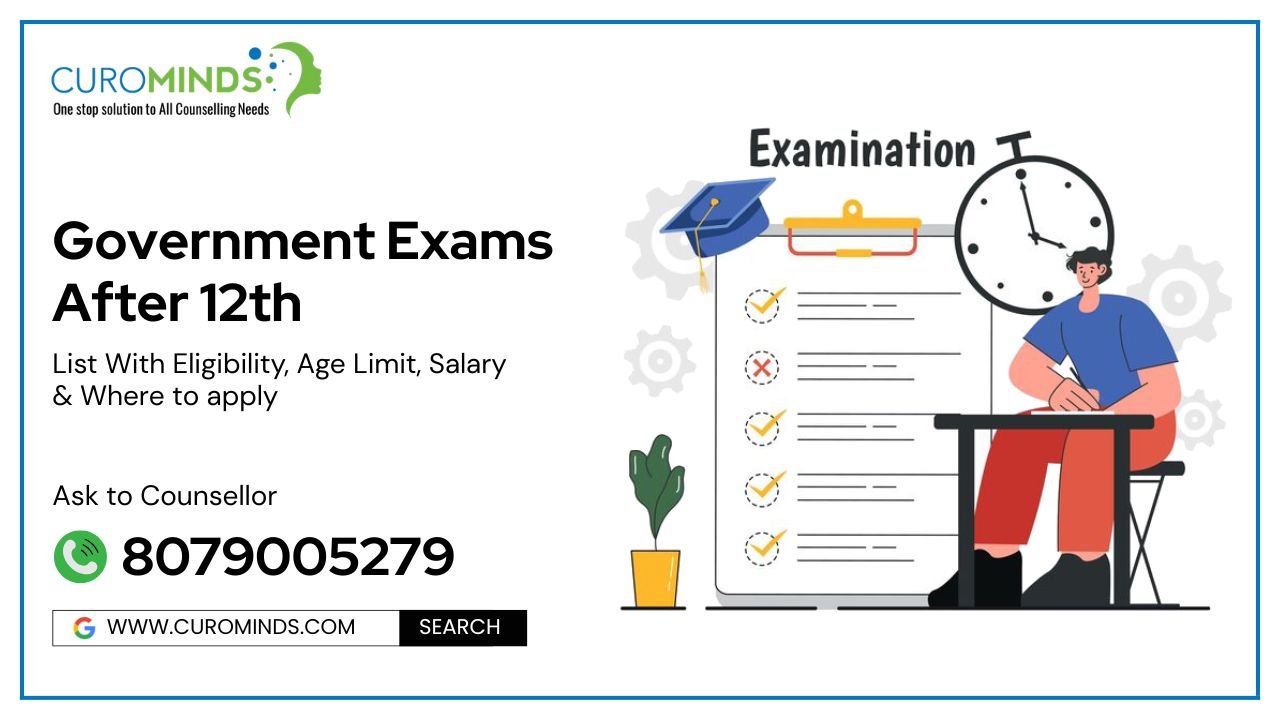Online Courses for Students: Affordable, Flexible & Career-Ready Learning
Estimated reading time: 11 minutes
In the past, students who wanted to learn outside the classroom had only a few choices—tutoring centers, night classes, or libraries. Today, the internet has rewritten that playbook. Online courses for students are now one of the fastest-growing ways to learn, offering flexible schedules, affordable pricing, and practical skills that prepare learners for both exams and careers. Whether you’re in high school, college, or balancing studies with work, online learning platforms can be the bridge between where you are and where you want to go.
This article breaks down the best options, shows how online study programs actually help students, and points to the courses worth investing your time in.
Why Students Are Turning to Online Learning
The biggest draw of online education for students is flexibility. Unlike traditional classrooms, you can learn at your own pace, rewind lectures, or study at midnight if that’s when your brain clicks. But that’s only the beginning.
-
Affordability – Many free online courses exist, and even premium ones are usually cheaper than college tuition or coaching classes.
-
Career skills – Platforms offer everything from coding bootcamps to digital marketing certifications, giving students a competitive edge.
-
Global access – International students or those in remote areas can access the same high-quality material as someone in a big city.
-
Variety – From algebra to AI, there’s no shortage of courses.
Here’s the thing: online learning is no longer just a supplement. For many, it’s the main path. A student from Delhi prepping for IELTS or a college sophomore in California trying to master Python both end up on the same platforms.
Best Online Courses for Students (Across Needs)
Different students search for different outcomes. Let’s break it down.
1. Online Classes for High School Students
High schoolers often use distance learning courses to strengthen basics, prep for board exams, or get ahead in subjects like coding and design.
Recommended Courses:
-
Official Digital SAT Prep — Khan Academy: Adaptive practice built with College Board, free of cost.
-
Khan Academy (K–12 Math & Science): Strong for concept building and AP prep, free and widely trusted.
-
Courses for High School Students — Coursera: University-level subjects like calculus and CS foundations, often free to audit.
Use case: A 16-year-old prepping for SAT math can combine school lessons with Khan’s free modules and Coursera’s practice lectures.
2. Online Learning for College Students
University students use courses to complement degrees or upskill for internships.
Recommended Courses:
-
CS50: Introduction to Computer Science (Harvard, edX) – Rigorous intro to programming and problem-solving.
-
Python for Everybody (University of Michigan, Coursera) – Beginner-friendly coding path.
-
Google Data Analytics Professional Certificate (Coursera) – Practical, job-ready analytics skills.
-
IBM Data Science Professional Certificate (Coursera) – Python, SQL, machine learning basics with labs.
Use case: A marketing student in Bangalore completed the Google Digital Marketing Certificate on Coursera and landed a paid internship.
3. Career-Oriented Online Courses
This is where student skill development courses matter most. Employers want practical knowledge—data analytics, design, communication.
Recommended Courses:
-
Google UX Design Professional Certificate (Coursera) – Hands-on UX portfolio projects using Figma.
-
Google Digital Marketing & E-commerce Professional Certificate (Coursera) – Campaign strategy, e-commerce tools.
-
Google IT Support Professional Certificate (Coursera) – Networking, Linux basics, troubleshooting.
-
LinkedIn Learning Paths – Workplace skills, communication, leadership, project management.
Use case: A final-year engineering student added an IBM Data Analytics Certificate to their resume and secured a graduate program spot.
4. Competitive Exam Prep
For SAT, GRE, GMAT, JEE, or IELTS, online tutoring programs are replacing coaching centers.
Recommended Courses:
-
Magoosh GRE, GMAT, IELTS, SAT Prep – Video lessons, large practice banks, score predictors.
-
BYJU’S (India) – JEE, NEET, and board exam prep with adaptive lessons.
-
Kaplan SAT Prep – Comprehensive strategies and practice exams.
Use case: A student from Lucknow used Magoosh’s GRE prep and improved scores enough to secure admission to a US grad program.
5. Free and Affordable Online Courses
Not everyone wants to pay upfront. Free online courses are often the gateway, while low-cost ones bring depth.
Recommended Courses:
-
FutureLearn – Short, university-backed courses with microcredentials.
-
Alison – Free modules across business, tech, and soft skills (certificates optional).
-
Udemy – Affordable, lifetime-access skill courses (often discounted).
-
Skillshare – Creative skills like illustration, Photoshop, content creation.
Tip: Start free, then upgrade to an online certification for students once you find what clicks.
Virtual Learning Platforms That Stand Out
Not all platforms are equal. Some focus on academics, others on creative or career-oriented content. Here’s a quick breakdown.
| Platform | Best For | Pricing | Why Students Choose It |
|---|---|---|---|
| Coursera | Career-ready certifications, college tie-ups | Free to $39/mo | Recognized by employers, university partners |
| edX | Accredited courses, STEM, professional tracks | Free to $300+ | Harvard, MIT-backed; strong academic credibility |
| Udemy | Affordable skill-building | $10–$50 per course | Wide range; lifetime access |
| Khan Academy | High school basics, test prep | Free | Trusted, easy to follow |
| Skillshare | Creative and hobby-based learning | $14/mo | Engaging, community-driven |
| LinkedIn Learning | Professional development | $29/mo | Helps build career networks |
Are Online Courses Recognized by Employers?
This is the big question. The answer is yes—if you pick the right course. Employers value skills, but they also trust accredited online courses or ones backed by big universities and tech companies. A random $5 certificate might not carry weight, but a Google Career Certificate or an edX MicroMasters can.
Think of it this way: the credential is only as good as the effort you put in. Completing a self-paced course with real projects says a lot about your motivation.
Final Thoughts
Online courses for students are no longer a side option. They’re central to how today’s learners prepare for exams, careers, and global opportunities. The blend of affordability, flexibility, and career focus makes them hard to ignore.
Whether you’re a high schooler chasing top grades, a college student building your resume, or a working learner adding new skills, online education meets you where you are. The question isn’t whether online learning works—it’s which platform, course, and commitment level fit your journey best.
FAQs
1. What are the best online courses for students right now?
Courses in coding, digital marketing, data analytics, and design are highly in demand. For academics, Khan Academy and Coursera are reliable.
2. Are free online courses worth it for students?
Yes. Start with free online courses to test the waters, then invest in certifications if you need proof of learning.
3. Do online study programs help with competitive exams?
Yes. Magoosh, BYJU’S, and Kaplan offer specialized exam prep programs.
4. Can online learning replace college education?
Not fully. But career-focused certifications can complement a degree and boost employability.
5. Which online courses are best for career-oriented students?
Certificates in UX design, IT support, data analytics, and digital marketing stand out.

